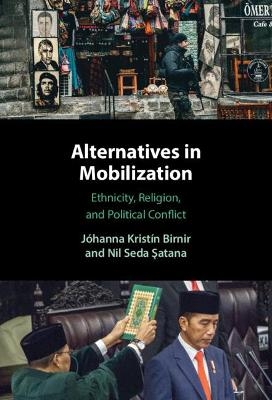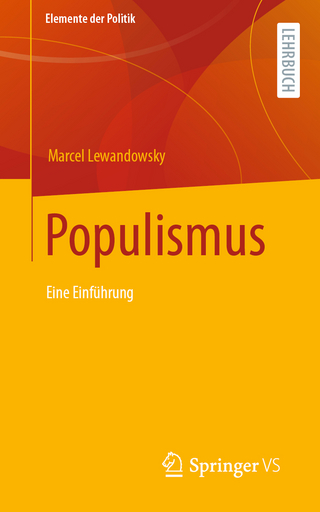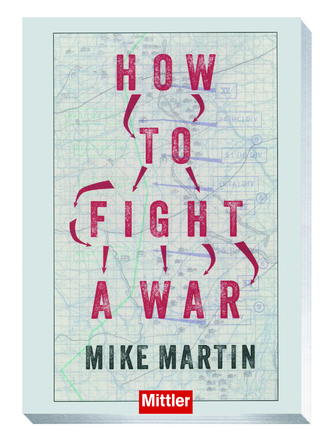
Alternatives in Mobilization
Ethnicity, Religion, and Political Conflict
Seiten
2022
Cambridge University Press (Verlag)
978-1-108-41984-0 (ISBN)
Cambridge University Press (Verlag)
978-1-108-41984-0 (ISBN)
This book examines underexplored features of identity and their influence on group mobilization in violent and non-violent political settings. It contains improved empirical descriptions of what the tapestry of ethnicity and religion in the world looks like and offers new explanations for how religion leads to conflict within cultural traditions.
What determines which identity cleavage, ethnicity or religion, is mobilized in political contestation, be it peaceful or violent? In contrast to common predictions that the greatest contention occurs where identities are fully segmented, most identity conflicts in the world are between ethnic groups that share religion. Alternatives in Mobilization builds on the literature about political demography to address this seeming contradiction. The book proposes that variation in relative group size and intersection of cleavages help explain conundrums in the mobilization of identity, across transgressive and contained political settings. This theory is tested cross-nationally on identity mobilization in civil war and across violent conflict in Pakistan, Uganda, Nepal and Turkey, and peaceful electoral politics in Indonesia. This book helps illustrate a more accurate and improved picture of the ethnic and religious tapestry of the world and addresses an increasing need for a better understanding of how religion contributes to conflict.
What determines which identity cleavage, ethnicity or religion, is mobilized in political contestation, be it peaceful or violent? In contrast to common predictions that the greatest contention occurs where identities are fully segmented, most identity conflicts in the world are between ethnic groups that share religion. Alternatives in Mobilization builds on the literature about political demography to address this seeming contradiction. The book proposes that variation in relative group size and intersection of cleavages help explain conundrums in the mobilization of identity, across transgressive and contained political settings. This theory is tested cross-nationally on identity mobilization in civil war and across violent conflict in Pakistan, Uganda, Nepal and Turkey, and peaceful electoral politics in Indonesia. This book helps illustrate a more accurate and improved picture of the ethnic and religious tapestry of the world and addresses an increasing need for a better understanding of how religion contributes to conflict.
Jóhanna Kristin Birnir is Professor of Government and Politics at the University of Maryland. Nil Seda Şatana is Visiting Associate Professor of Government and Politics at the University of Maryland.
1. Introduction; 2. Demography as an Explanatory Variable; 3 The Theory: Alternatives in Mobilization; 4. Testing the Challenger's Winning Coalition Hypothesis on Mobilization of Religion in Civil War; 5. The Internal Validity of the Challenger's Winning Coalition Hypothesis; 6. The Challenger's Winning Coalition in Indonesia's electoral politics; 7. Conclusion.
| Erscheinungsdatum | 27.04.2022 |
|---|---|
| Zusatzinfo | Worked examples or Exercises |
| Verlagsort | Cambridge |
| Sprache | englisch |
| Maße | 158 x 236 mm |
| Gewicht | 600 g |
| Themenwelt | Geisteswissenschaften ► Religion / Theologie |
| Sozialwissenschaften ► Politik / Verwaltung ► Vergleichende Politikwissenschaften | |
| ISBN-10 | 1-108-41984-4 / 1108419844 |
| ISBN-13 | 978-1-108-41984-0 / 9781108419840 |
| Zustand | Neuware |
| Haben Sie eine Frage zum Produkt? |
Mehr entdecken
aus dem Bereich
aus dem Bereich
Geschichte, Parteistruktur, Radikalisierung
Buch | Softcover (2024)
UTB (Verlag)
27,90 €


